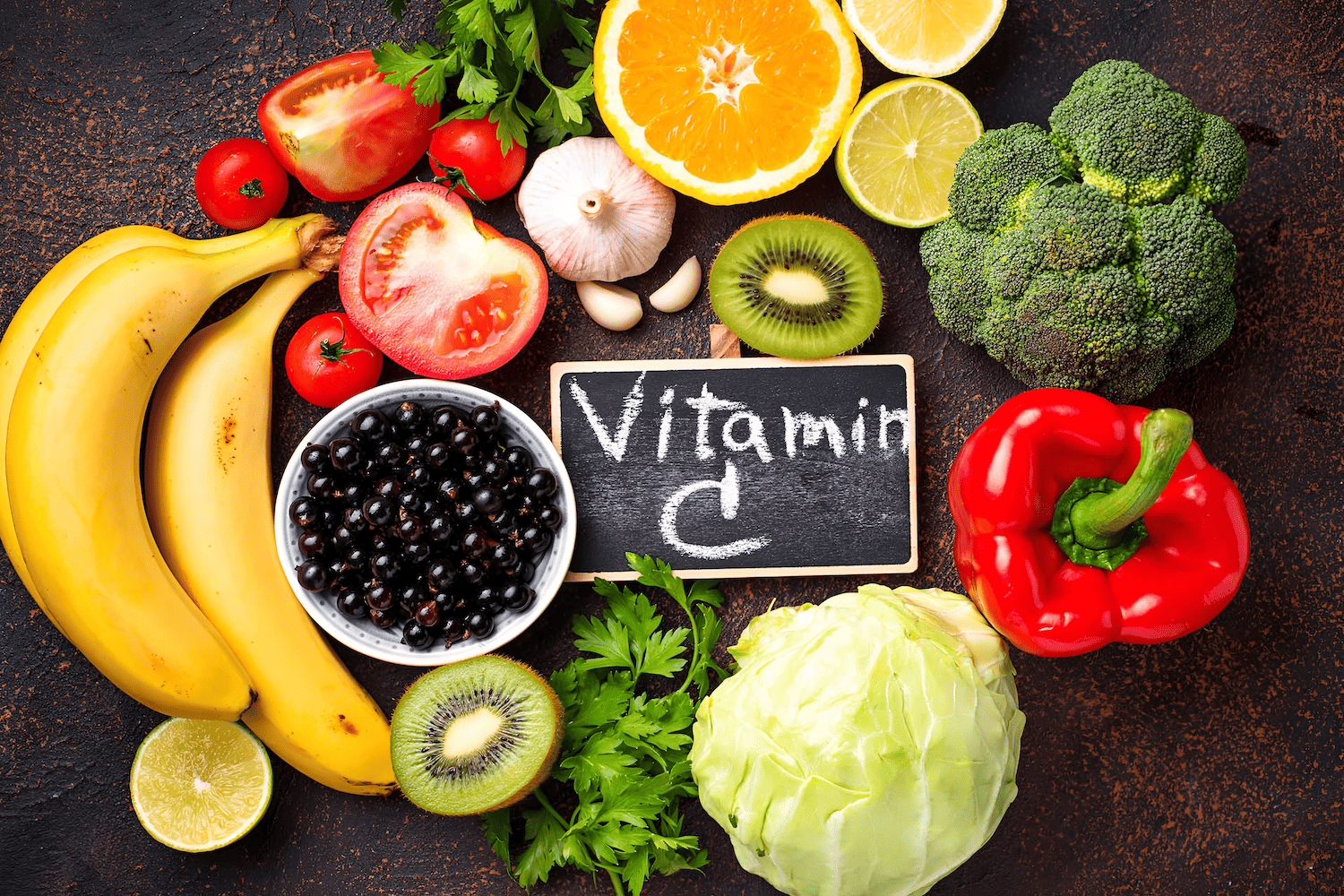Health
True health is achieved by balancing the mind, body, and spirit.
Vitamin C, also known as ascorbic acid, is an essential nutrient critical for overall health and wellness. As a powerful antioxidant, vitamin C protects the body against oxidative stress, supports immune function, and plays a crucial role in collagen synthesis, contributing to skin health, wound healing, and the strength of connective tissues. Found naturally in many fruits and vegetables, vitamin C must be regularly replenished in the diet as humans cannot produce it internally.
Vitamin C is fundamental to numerous bodily processes. It is best known for boosting immunity by supporting various cellular functions of the immune system. Its antioxidant properties help neutralize harmful free radicals, thereby reducing inflammation and cellular damage. Regular intake of vitamin C is associated with shorter durations of colds and reduced severity of infections.

Beyond immunity, vitamin C plays a significant role in collagen formation, essential for healthy skin, hair, joints, and bones. Collagen provides structural integrity and elasticity, which is vital for maintaining youthful skin and strong connective tissues.
1. Immune System Support: Vitamin C supports the production and function of white blood cells and antibodies. It enhances the body's ability to fight infections, making it particularly beneficial during periods of illness or heightened stress.
2. Skin Health: Through its role in collagen production, vitamin C helps maintain skin elasticity, hydration, and wound healing. Topically applied vitamin C serums can reduce signs of aging, improve skin texture, and protect against UV damage.
3. Antioxidant Protection: As a potent antioxidant, vitamin C protects against oxidative stress caused by environmental pollutants, cigarette smoke, and harmful radiation. Regular consumption reduces the risk of chronic diseases, including heart disease and certain cancers.
4. Cardiovascular Health: Studies indicate that vitamin C may help lower blood pressure, reduce inflammation, and improve endothelial function, all beneficial for heart health. Higher dietary intake correlates with a reduced risk of heart disease and stroke.
5. Iron Absorption: Vitamin C significantly enhances the absorption of non-heme iron from plant-based foods, crucial for preventing anemia, especially in vegetarians, vegans, and individuals prone to iron deficiency.
Vitamin C is abundant in fresh fruits and vegetables. Some of the richest sources include:
Incorporating a variety of these foods into your diet ensures adequate vitamin C intake and promotes overall health.
The recommended dietary allowance (RDA) for vitamin C varies by age, gender, and life stage:
Most people can meet these requirements through a balanced diet rich in fruits and vegetables.
A prolonged lack of vitamin C can lead to scurvy, characterized by symptoms like fatigue, muscle weakness, joint pain, bleeding gums, poor wound healing, and bruising. Though rare in modern societies, mild deficiencies are more common and may result in lowered immunity, frequent infections, and impaired skin health.
Vitamin C supplements are widely available in various forms, including tablets, capsules, chewables, powders, and effervescent formulations. Supplementation is beneficial for individuals with limited dietary intake, those with increased nutritional needs (such as smokers or people recovering from illness), or people with malabsorption issues.
Vitamin C is water-soluble, and excess amounts are usually excreted through urine. However, extremely high doses (above 2,000 mg daily) may lead to gastrointestinal discomfort, diarrhea, nausea, and increased risk of kidney stones in susceptible individuals. Always consult with a healthcare professional before beginning high-dose supplementation.
Vitamin C is sensitive to heat, oxygen, and prolonged storage. To maximize its benefits:
Vitamin C is essential for maintaining overall health, boosting immunity, protecting against chronic disease, and promoting healthy skin. Ensuring a diet rich in fresh fruits and vegetables or responsible supplementation can significantly enhance well-being and reduce the risk of health complications related to vitamin C deficiency. Regularly incorporating vitamin C into your daily routine supports a vibrant, healthy lifestyle.